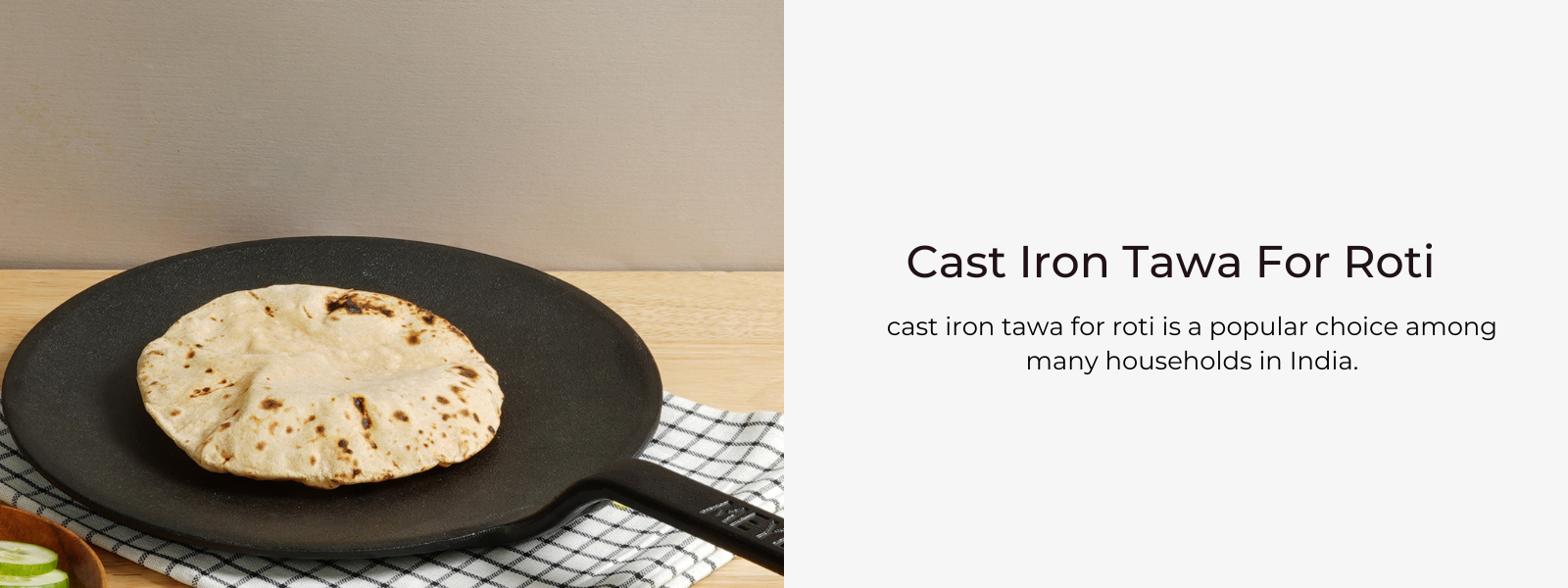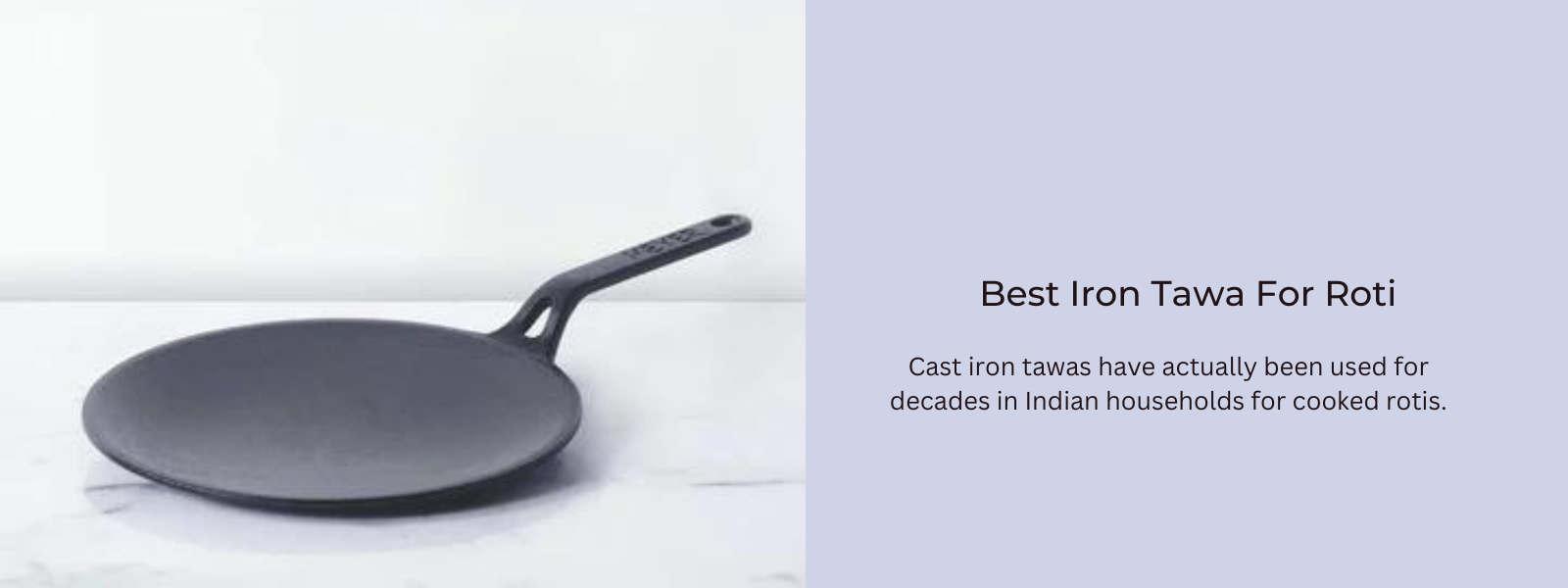Cinnamon, beyond its role as a popular spice, emerges as a valuable contributor to gut wellness with a multifaceted impact. Rich in antioxidants and endowed with anti-microbial properties, cinnamon can aid in fostering a balanced gut microbiota by inhibiting the growth of harmful bacteria and fungi. Its anti-inflammatory effects may help alleviate inflammation in the digestive tract, promoting overall gut health. Cinnamon's potential to regulate blood sugar levels could indirectly benefit digestion, and its ability to stimulate the production of digestive enzymes contributes to improved nutrient absorption. Furthermore, cinnamon's carminative properties may provide relief from gas and bloating, making it a digestive ally. As a versatile spice, cinnamon can be easily incorporated into various dishes, offering not only a delightful flavor but also potential digestive support, showcasing its significance beyond its culinary appeal.
Table of Contents
What Is Cinnamon?
Cinnamon is a spice obtained from the inner bark of trees belonging to the Cinnamomum genus. There are several species of trees that produce cinnamon, but the most commonly used varieties are Cinnamomum verum (also known as "true" or "Ceylon" cinnamon) and Cinnamomum cassia (known as "cassia" cinnamon). The spice has been valued for centuries for its aromatic flavor and medicinal properties.
Key Features Of Cinnamon:
- Flavor and Aroma:
- Cinnamon is known for its sweet and warm flavor with a slightly spicy undertone. The aroma is rich and fragrant, making it a popular spice in both sweet and savory dishes.
- Appearance:
- In its original form, cinnamon is obtained from the bark of cinnamon trees. It is often sold as sticks (quills) or ground into a powder.
- Types of Cinnamon:
- Ceylon Cinnamon (Cinnamomum verum): This type is often considered "true" cinnamon. It has a mild, delicate flavor and is light brown in color. It is commonly used in culinary applications.
- Cassia Cinnamon (Cinnamomum cassia): Cassia cinnamon has a stronger, more intense flavor and is darker in color. It is frequently used in both culinary and medicinal contexts.
- Culinary Uses:
- Cinnamon is a versatile spice used in a wide range of dishes, including desserts, baked goods, curries, and beverages. It is a common ingredient in cinnamon rolls, apple pie, chai tea, and various spice blends.
- Medicinal Uses:
- Cinnamon has been traditionally used in various cultures for its potential medicinal properties. It is believed to have anti-inflammatory, antioxidant, and antimicrobial effects. Some studies suggest benefits for blood sugar control and heart health.
- Cinnamon Oil:
- Cinnamon essential oil is extracted from the bark or leaves of cinnamon trees. It is used in aromatherapy and has applications in natural medicine.
- Popular Varieties:
- Ground cinnamon and cinnamon sticks are widely available in grocery stores. Ground cinnamon is convenient for baking, while cinnamon sticks are often used in beverages and simmered dishes.
Cinnamon's Role in Gut Wellness:
Cinnamon, commonly known as a flavorful spice, plays a multifaceted role in promoting gut wellness that extends beyond its culinary appeal. Rich in antioxidants and possessing anti-inflammatory properties, cinnamon contributes to digestive health in various ways:
- Anti-Microbial Properties:
- Cinnamon has natural antimicrobial properties that may help inhibit the growth of harmful bacteria and fungi in the digestive tract. This can contribute to a balanced and healthy gut microbiota.
- Anti-Inflammatory Effects:
- Chronic inflammation in the gut can lead to various digestive issues. Cinnamon contains compounds that exhibit anti-inflammatory effects, potentially helping to reduce inflammation in the gastrointestinal tract.
- Blood Sugar Regulation:
- Cinnamon has been studied for its potential to improve insulin sensitivity and lower blood sugar levels. By aiding in blood sugar regulation, cinnamon may indirectly support gut health, as fluctuations in blood sugar can impact digestive function.
- Promotion of Digestive Enzymes:
- Cinnamon may stimulate the production of digestive enzymes that assist in the breakdown of food. Improved digestion can contribute to better nutrient absorption and overall gut well-being.
- Alleviation of Gas and Bloating:
- The carminative properties of cinnamon may help alleviate gas and bloating by reducing the formation of gas in the digestive system.
- Support for Irritable Bowel Syndrome (IBS):
- Some studies suggest that cinnamon may offer relief for individuals with irritable bowel syndrome (IBS) by calming digestive symptoms such as abdominal pain and bloating.
- Rich in Antioxidants:
- Cinnamon is a potent source of antioxidants, which play a crucial role in combating oxidative stress in the body. Antioxidants in cinnamon may help protect the gut lining from damage caused by free radicals.
Easy Ways To Incorporate Cinnamon:
- Add a sprinkle of cinnamon to your morning oatmeal, smoothies, or yogurt.
- Include cinnamon in baked goods, such as muffins, cookies, or homemade granola.
- Brew a cup of cinnamon tea by infusing a cinnamon stick in hot water.
Traditional Use Of Cinnamon For Better Gut Health:
Cinnamon has been traditionally used in various cultures for its potential benefits for digestion and gut health. Here are some traditional ways in which cinnamon is used:
- Infusions and Teas:
- Cinnamon sticks or powder are steeped in hot water to create a flavorful infusion or tea. This warm beverage is often consumed after meals to aid digestion and soothe the stomach.
- Spice in Cooking:
- Cinnamon is a versatile spice used in cooking, particularly in desserts, curries, and stews. Its warm and sweet flavor adds depth to dishes while potentially providing digestive benefits.
- Ayurvedic Practices:
- In Ayurvedic medicine, a traditional system originating from India, cinnamon is believed to have properties that balance the digestive system. It may be used in herbal formulations or as part of dietary recommendations for digestive support.
- Digestive Tonics:
- Cinnamon is sometimes included in digestive tonics or concoctions that aim to promote overall digestive wellness. These tonics may combine cinnamon with other herbs or spices known for their digestive properties.
- Powdered Cinnamon with Honey:
- A common home remedy involves mixing powdered cinnamon with honey to create a paste. This mixture may be consumed before meals to potentially enhance digestion and address mild digestive discomfort.
- Ayurvedic Herbal Blends:
- Cinnamon is often incorporated into Ayurvedic herbal blends known as churnas or powders. These blends may contain a combination of herbs and spices aimed at supporting various aspects of digestion and overall well-being.
- Cinnamon Oil Massage:
- In some traditional practices, cinnamon essential oil is diluted and used for abdominal massages. This method is believed to stimulate digestion and promote a sense of warmth in the digestive area.
Cinnamon-Infused Water For Gut Health:
Cinnamon water is a simple and popular beverage that is believed to offer potential benefits for gut health. Here's a basic recipe for preparing cinnamon water:
Ingredients:
- 1 to 2 cinnamon sticks (or 1 teaspoon of ground cinnamon)
- 1 to 2 cups of water
Instructions:
- Cinnamon Stick Method:
- Place the cinnamon sticks in a pot.
- Add water and bring it to a boil.
- Once boiling, reduce the heat and let it simmer for about 10-15 minutes to allow the cinnamon to infuse into the water.
- Remove from heat and let it cool slightly before straining.
- Ground Cinnamon Method:
- If using ground cinnamon, simply mix it with warm or room temperature water. Stir well to ensure the cinnamon is evenly distributed.
- Optional Additions:
- You can add a squeeze of lemon or a teaspoon of honey for flavor, but this is optional.
- Enjoying Cinnamon Water:
- Drink cinnamon water warm or let it cool to room temperature before consuming.
- It can be consumed at any time of the day, but some people prefer to have it in the morning on an empty stomach or before meals.
Benefits:
- Digestive Aid: Cinnamon is believed to have carminative properties, which may help in reducing gas and bloating.
- Anti-Inflammatory: Cinnamon's anti-inflammatory properties could potentially soothe inflammation in the digestive tract.
- Blood Sugar Regulation: Some studies suggest that cinnamon may help regulate blood sugar levels, indirectly supporting digestive health.
Cinnamon Tea For Gut Health:
Cinnamon tea is a delightful and aromatic beverage that is not only comforting but also believed to offer potential benefits for gut health. Here's a simple recipe for preparing cinnamon tea:
Ingredients:
- 1 to 2 cinnamon sticks (or 1 teaspoon of ground cinnamon)
- 1 to 2 cups of water
- Optional: Honey or lemon for added flavor
Instructions:
- Cinnamon Stick Method:
- Place the cinnamon sticks in a teapot or a heatproof container.
- Boil water and pour it over the cinnamon sticks.
- Let it steep for about 10-15 minutes, allowing the cinnamon to infuse into the water.
- Strain the tea to remove the cinnamon sticks.
- Ground Cinnamon Method:
- If using ground cinnamon, add it directly to the teapot or a mug.
- Pour hot water over the cinnamon and stir well to ensure even distribution.
- Allow it to steep for a few minutes.
- Optional Additions:
- Add honey or a squeeze of lemon for flavor, if desired.
- Enjoying Cinnamon Tea:
- Drink cinnamon tea warm and savor its comforting flavor.
- You can enjoy it at any time of the day, but many people find it particularly soothing in the morning or evening.
Benefits:
- Calming Properties: Cinnamon is known for its soothing and warming properties, providing a calming effect that can be beneficial for digestion.
- Anti-Inflammatory: Cinnamon's anti-inflammatory compounds may help reduce inflammation in the digestive tract.
- Gas and Bloating Relief: Cinnamon is believed to have carminative properties, which may aid in reducing gas and bloating.











Leave a comment